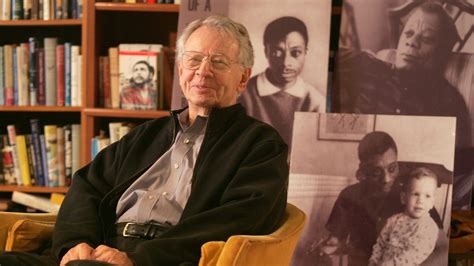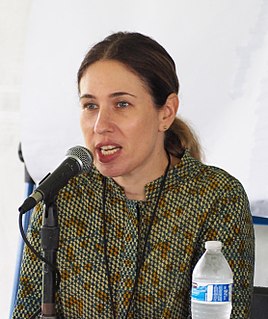A Quote by David Hare
The actual business of writing dialogue is not thought of as a craft.
Related Quotes
When I first started writing plays I couldn't write good dialogue because I didn't respect how black people talked. I thought that in order to make art out of their dialogue I had to change it, make it into something different. Once I learned to value and respect my characters, I could really hear them. I let them start talking.




































